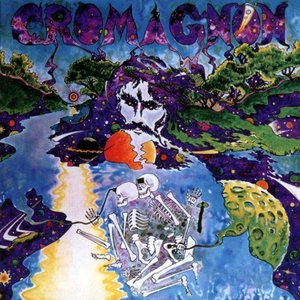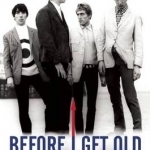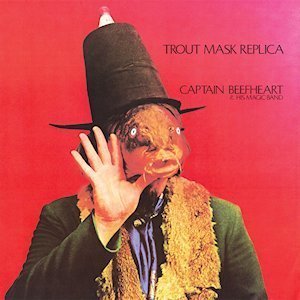
Trout Mask Replica by Captain Beefheart
Album
Third studio album by Captain Beefheart & His Magic Band, released in 1969 as a double LP.
Experimental avant-garde rock jazz
Jonathan Donahue recommended Rainbow in Curved Air by Terry Riley in Music (curated)
Cary Elwes recommended Before I Get Old: The Story of the Who in Books (curated)

Topless Cellist: The Improbable Life of Charlotte Moorman
Book
The Juilliard-trained cellist Charlotte Moorman sat nude behind a cello of carved ice, performed...

Post Everything: Outsider Rock and Roll
Book
In Post Everything, Luke Haines demonstrates that the only way to survive the tyrannical scourge of...

The Mirror Void by Nekrasov
Album Watch
Australian one-man band Nekrasov continues to orbit between the two poles of Power Electronics and...
Rock

Rock 'n' Film: Cinema's Dance with Popular Music
Book
Rock 'N' Film presents a cultural history of films about US and British rock music during the period...
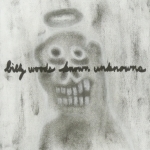
Known Unknowns by billy woods
Album Watch
Known Unknowns is billy woods’ new album, a follow-up to 2013’s Blockhead collaboration Dour...
hip-hop
